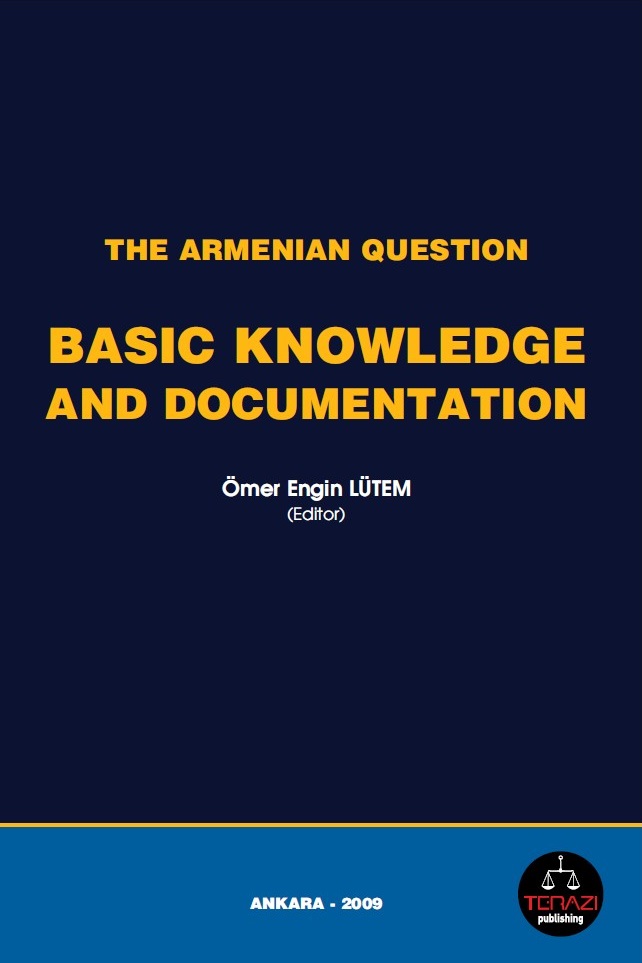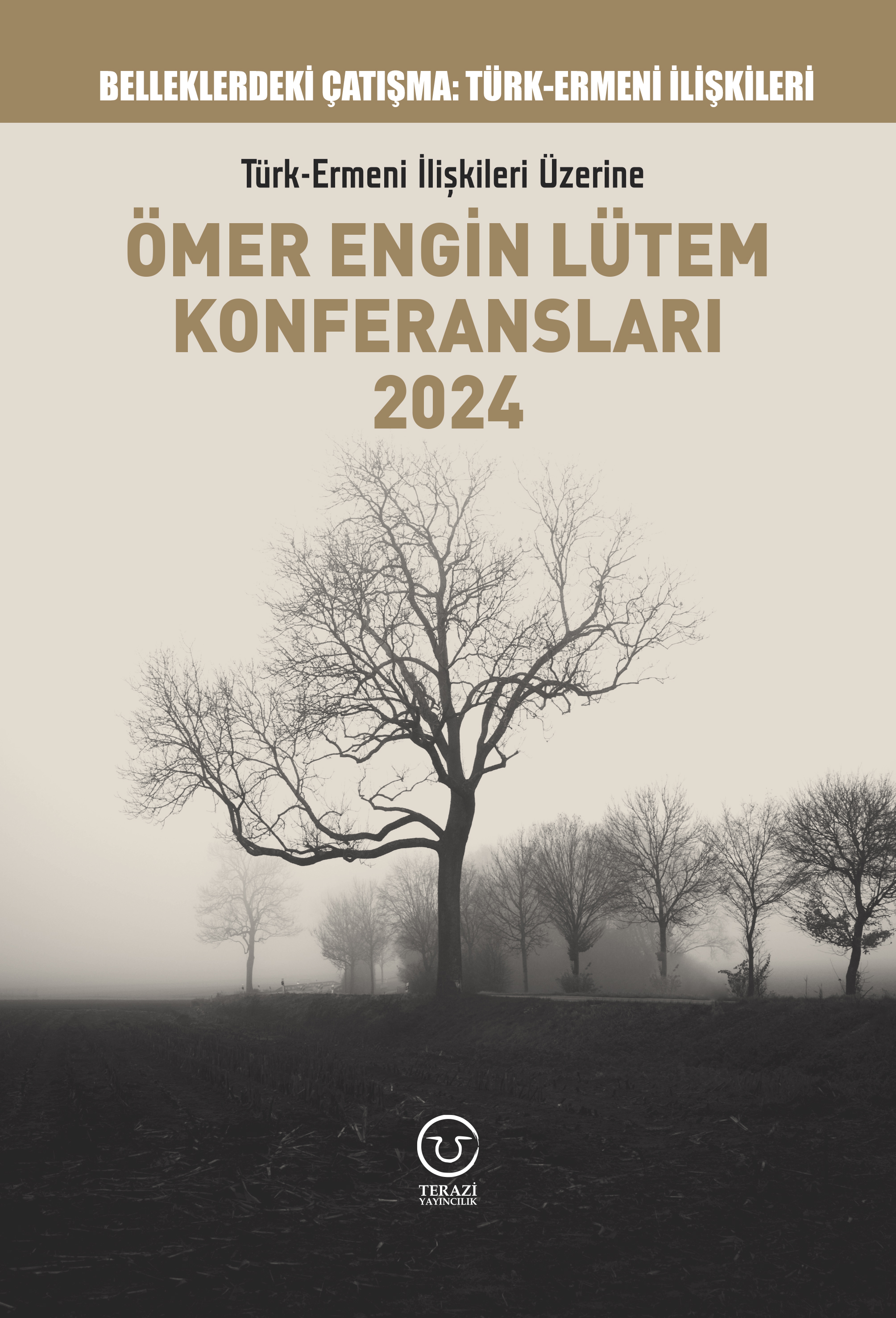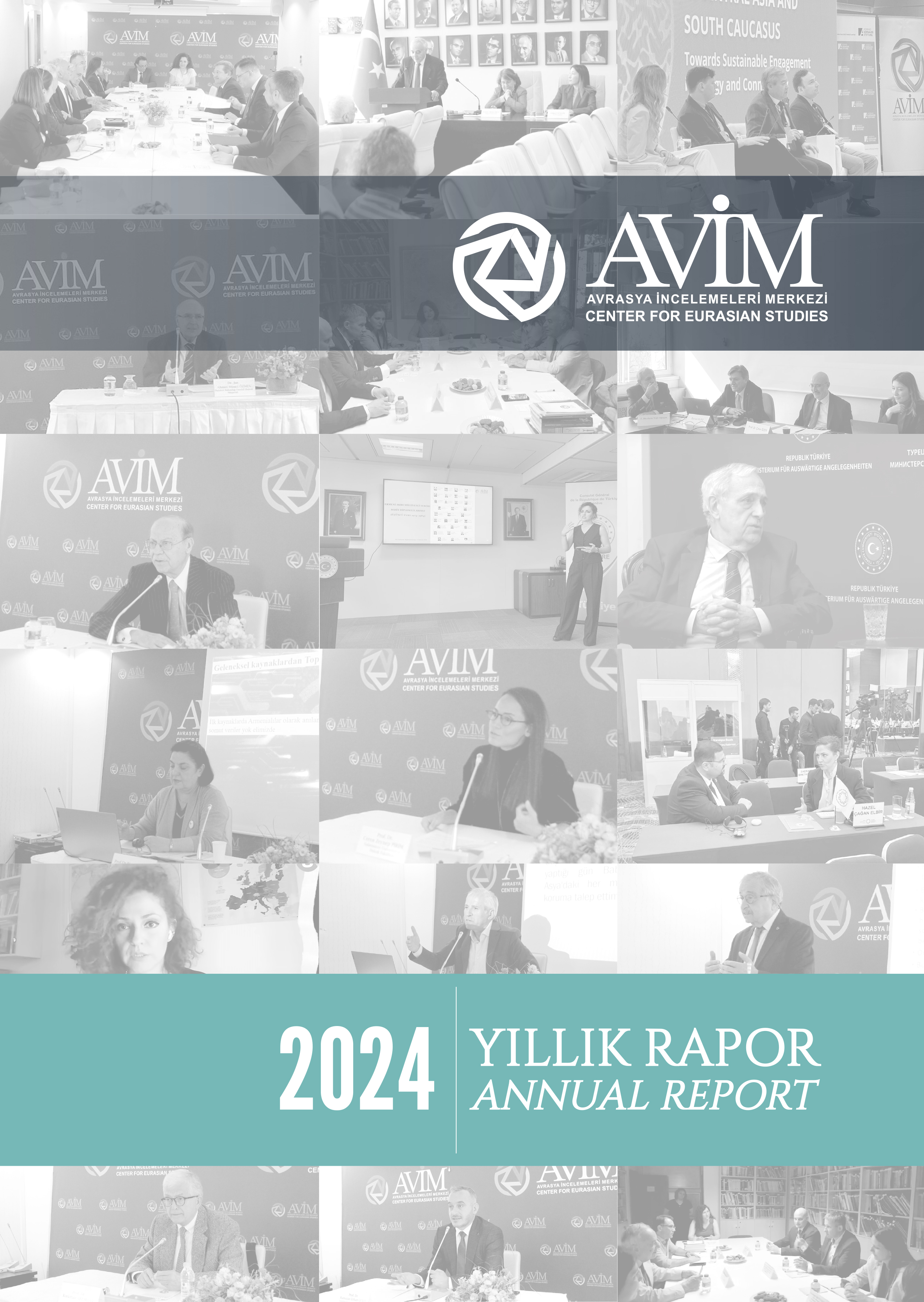The conflict over the Nagorno-Karabakh region has been ongoing for 26 years now. There is an attempt to turn this issue into a frozen conflict that will go on indefinitely. The current situation is certainly in line with the interests of the Republic of Armenia, which has an intertwined apparatus with the Armenians of Nagorno-Karabakh that claim independence from Azerbaijan. This claim of independence is not recognized by any country (including Armenia itself) or any international organization, since Armenia and the self-proclaimed Nagorno-Karabakh Republic have no legal basis or proper justification for their belligerent acts during the Nagorno-Karabakh War. Meanwhile, the current situation is naturally to the undisputable detriment of Azerbaijan, because its territory, Nagorno-Karabakh and the surrounding seven provinces have been under an illegal occupation since the outbreak of the Nagorno-Karabakh War.
The Minsk Group of the Organization for Security and Co-operation in Europe was formed in 1994 in order to find a peaceful resolution to the Nagorno-Karabakh conflict. The group is comprised of Belarus, Germany, Italy, Sweden, Finland, Turkey, France, USA, Russia, as well as the disputing sides Armenia and Azerbaijan. A co-chairmanship - consisting of the representatives of France, USA, and Russia - was established in 1995 with a view of providing executive functioning of the Minsk Group. It is these three co-chairs that have been guiding the activities of the Minsk Group since then.
Statements recently made by Ambassador James Warlick, the American co-chair of the Minsk Group, are interesting in this regard. Mr. Warlick delivered a speech on May 7 at the Carnegie Endowment for International Peace. In his speech, titled “Nagorno-Karabakh: The Keys to a Settlement”, he outlined what he indicated was the US policy towards the Nagorno-Karabakh conflict.
In his speech, Mr. Warlick put forth six points that must be adhered to in order to achieve a workable peace that will be beneficial for all sides involved in the Nagorno-Karabakh dispute. Four of the six points he makes are constructive in terms of such an endeavor. In these four points, Mr. Warlick indicated that; the sides must agree upon a final legal status of Nagorno-Karabakh, occupied territories outside of Nagorno-Karabakh must be handed back to Azerbaijan, internally displaced persons and refuges must be able to return back to their original place of residence, and a peacekeeping operation must be put in place as a form of international security guarantee.
In one of his remaining points, however, Mr. Warlick indicated that the Nagorno-Karabakh region must at the very least be provided with the right for self-governance. In this point, he failed to explicitly indicate that Nagorno-Karabakh is legally a part of Azerbaijan and is currently under Armenian occupation, and must therefore be returned to Azerbaijan.
In the more sensitive point, Mr. Warlick advocated for the establishment of a corridor linking Armenia to Nagorno-Karabakh through the Lachin district that should be wide enough to provide secure passage. The US, alongside the France and Russia, profess a balanced stance in terms of Nagorno-Karabakh that is geared towards establishing peace favorable for all sides. Yet, Mr. Warlick did not advocate for the establishment of a similar corridor that would connect Azerbaijan with its exclave Nakhchivan, which is cut off from the rest of Azerbaijan by Armenia. In the spirit of a balanced stance, Mr. Warlick at the very least should have proposed such a corridor that would balance the similar predicament of Azerbaijan. By not doing so, Mr. Warlick’s comments are prone to be construed as reflecting bias in favor of Armenia.
Generally speaking, statements made by France, USA, and Russia have depicted the situation at Nagorno-Karabakh as the Armenian occupation of Azerbaijani territory, and have indicated that they do not recognize Nagorno-Karabakh as an independent state. Despite their professed goal of finding a peaceful resolution to the dispute, no concrete steps have been taken to this day by the three co-chairs of these countries to end occupation of Nagorno-Karabakh, and no sanctions have been imposed on the perpetrator. Mr. Warlick’s recent statements demonstrate that there is a certain disregard for the interests and problems of Azerbaijan over the Nagorno-Karabakh conflict. In view of this, and in view of the recent international political conjecture, the co-chairs of the Minsk Group are, at least from the point of view of Turkey, beginning to lose their capacity to represent the views and core principles of the Minsk Group.
© 2009-2025 Center for Eurasian Studies (AVİM) All Rights Reserved
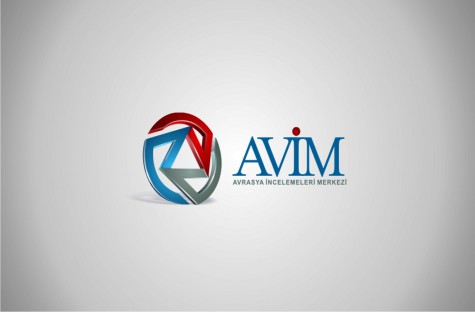
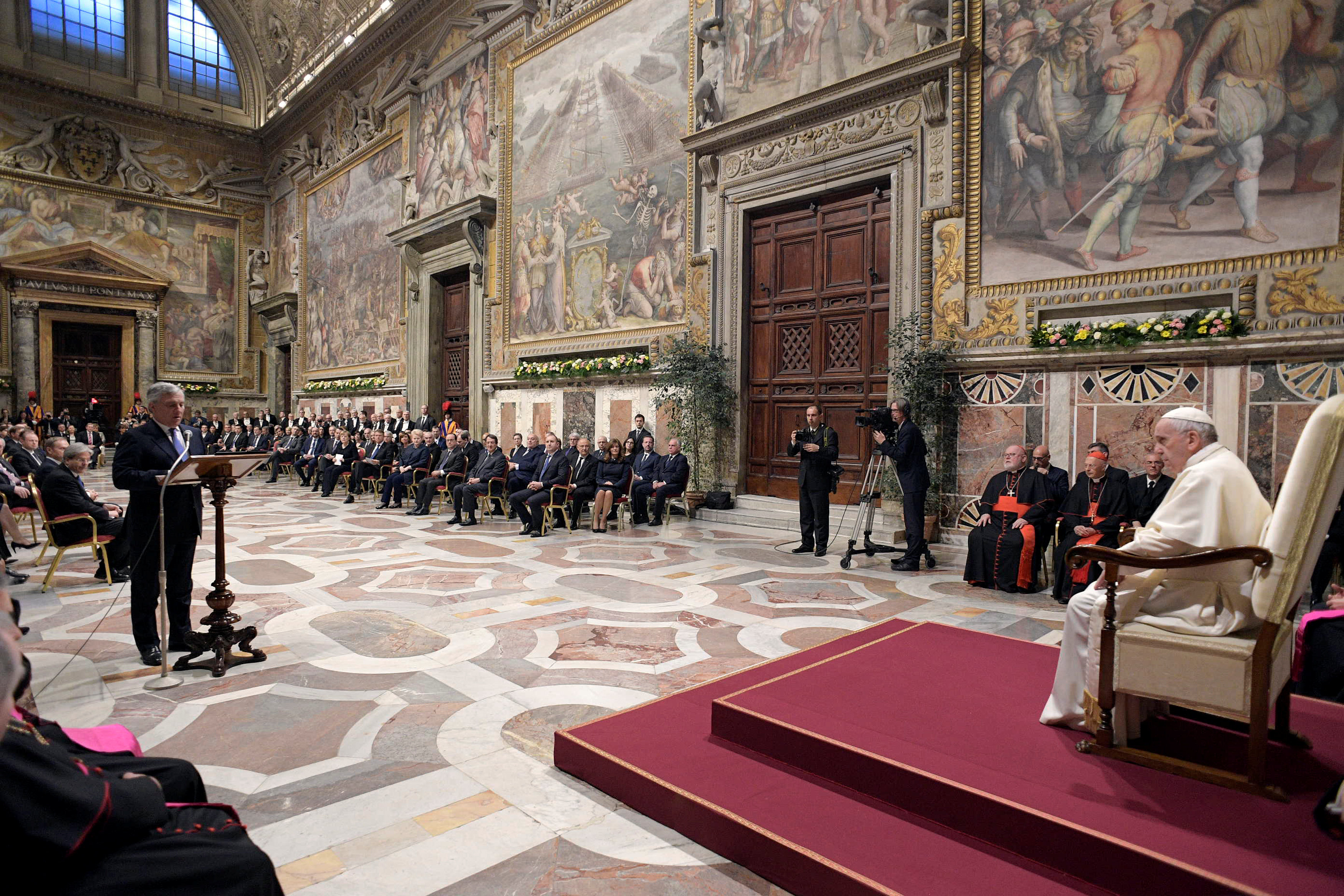 THE EUROPEAN UNION HAS COMPROMISED ITS FOUNDING PRINCIPLES DURING ITS 60TH ANNIVERSARY CELEBRATIONS
THE EUROPEAN UNION HAS COMPROMISED ITS FOUNDING PRINCIPLES DURING ITS 60TH ANNIVERSARY CELEBRATIONS
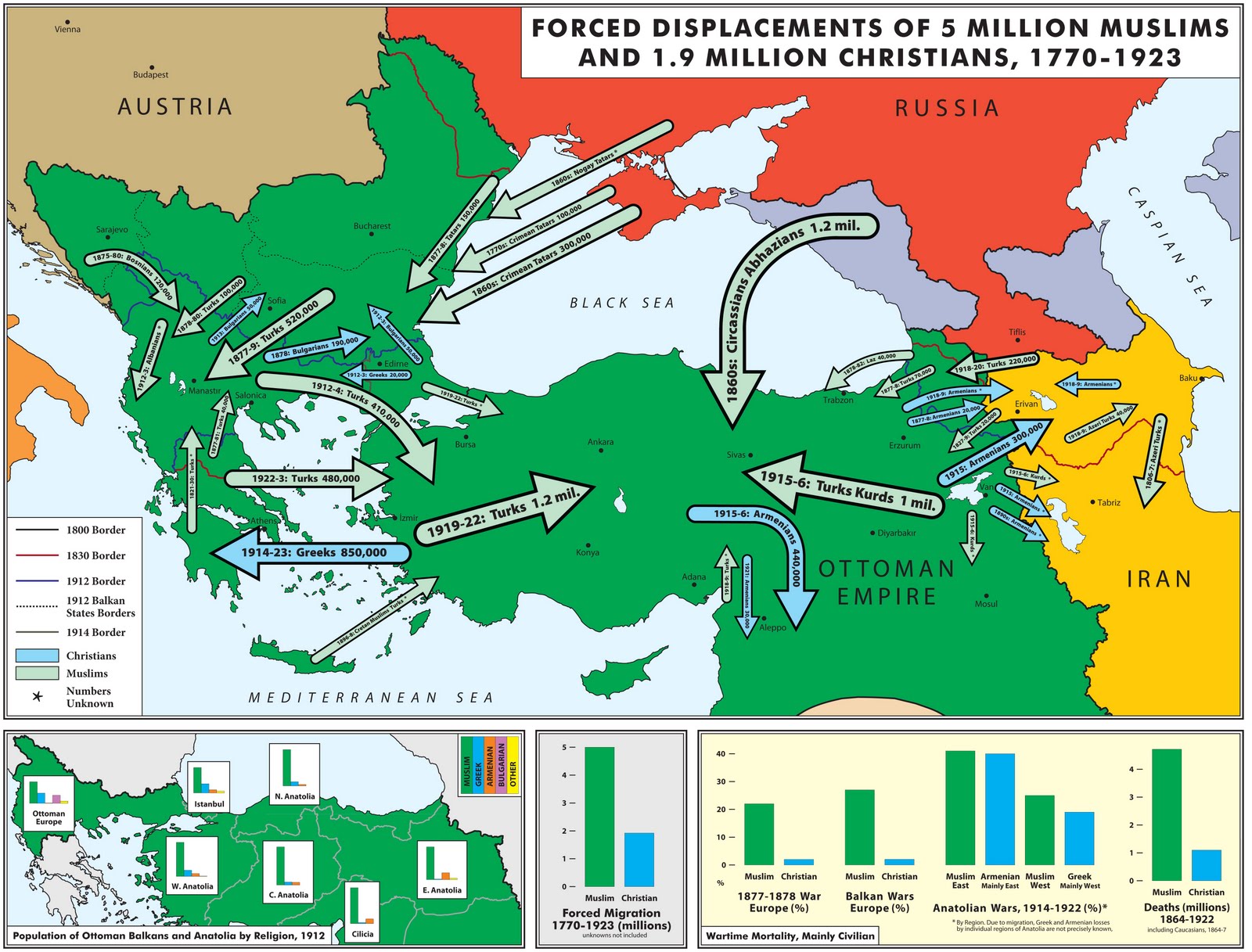 GREECE AND THE PONTIC QUESTION: MANIPULATION OF CENSUS DATA AND GENOCIDE ALLEGATIONS
GREECE AND THE PONTIC QUESTION: MANIPULATION OF CENSUS DATA AND GENOCIDE ALLEGATIONS
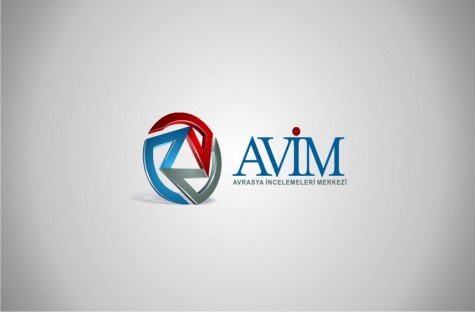 POPE FRANCIS’ DOUBLE STANDARD – II
POPE FRANCIS’ DOUBLE STANDARD – II
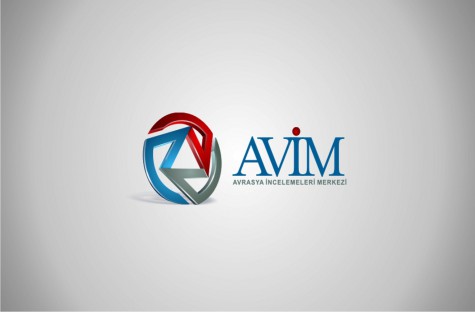 A HYPOCRITICAL CALL FOR INTER-RELIGIOUS DIALOGUE
A HYPOCRITICAL CALL FOR INTER-RELIGIOUS DIALOGUE
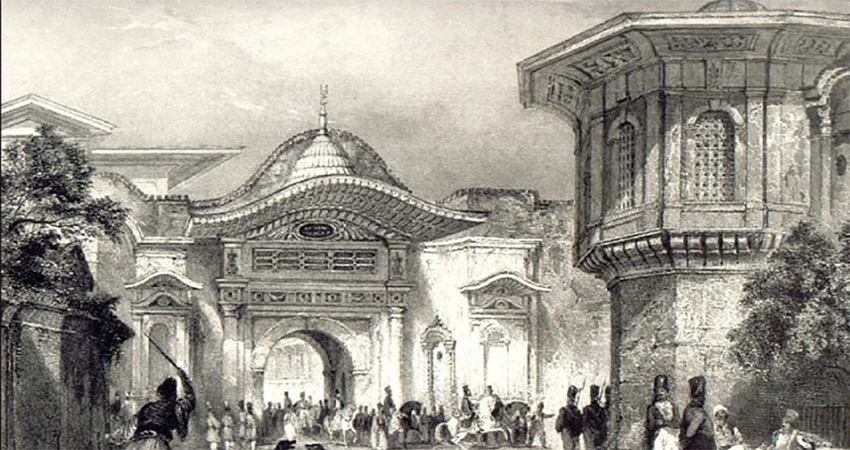 THE FIGHT AGAINST EXTREMISM AND THE OTTOMAN LEGACY
THE FIGHT AGAINST EXTREMISM AND THE OTTOMAN LEGACY
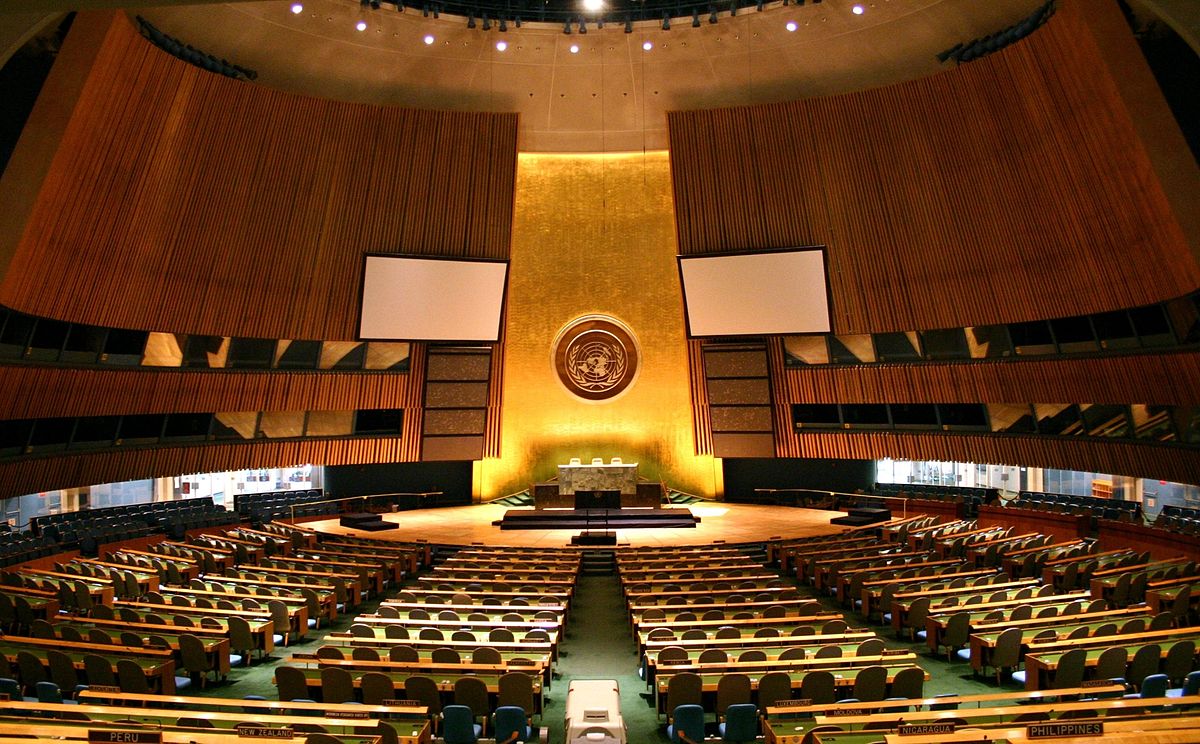 THE OPPOSITION AGAINST TURKEY IN THE ELECTION OF THE PRESIDENT OF UN GENERAL ASSEMBLY
THE OPPOSITION AGAINST TURKEY IN THE ELECTION OF THE PRESIDENT OF UN GENERAL ASSEMBLY
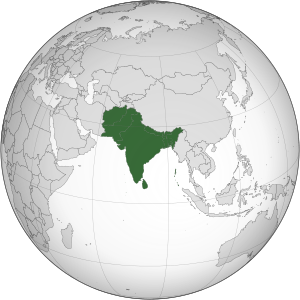 SOUTH ASIA: THE FIELD OF NEW ALLIANCES AND NEW CONFLICTS
SOUTH ASIA: THE FIELD OF NEW ALLIANCES AND NEW CONFLICTS
AVIM HELD MEETINGS WITH THINK TANKS AND ACADEMIC CIRCLES IN TEHRAN
